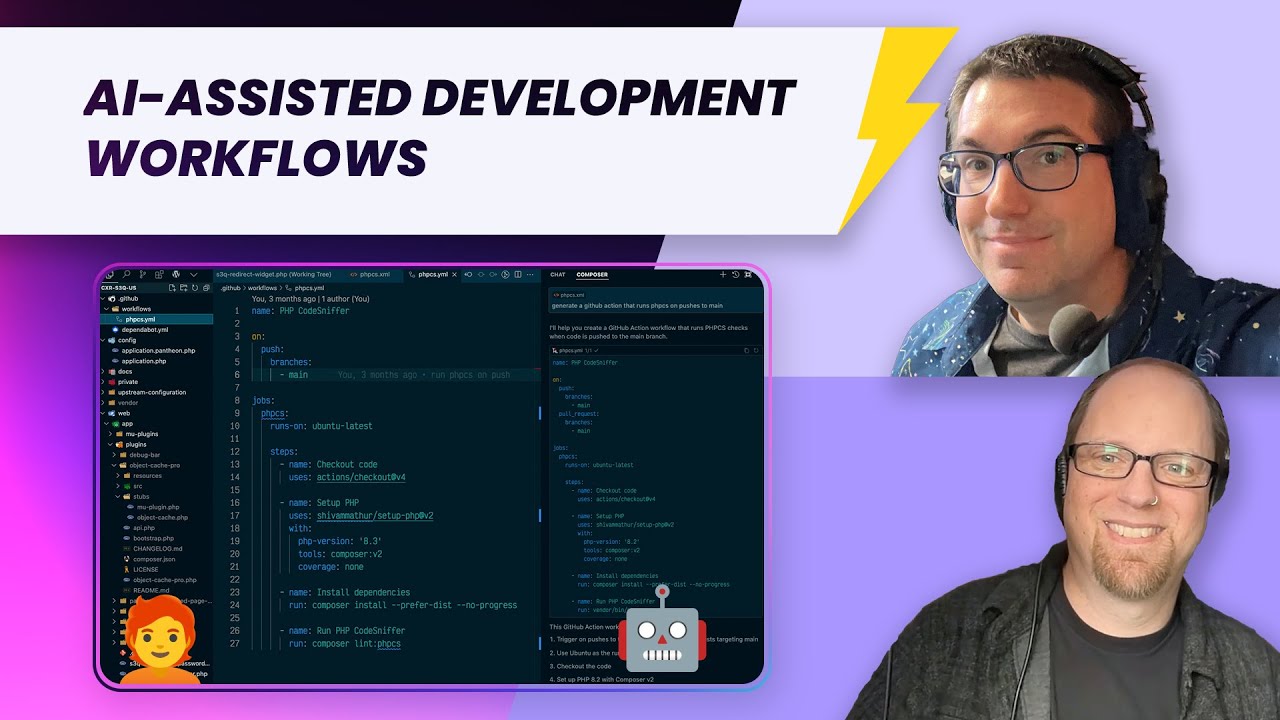After experimenting with several workflows, I feel like I have finally identified the perfect one. Here’s how I do it:
Step-by-Step Process:
- I execute
npx repomix to compile all my project files into a single document.
- I create a project in ChatGPT and upload this compiled source code.
- I include all necessary context and explicit instructions in the project.
- I discuss the tasks, challenges, and solutions with ChatGPT.
- I ask for a breakdown of tasks using this prompt:
Could you outline detailed tasks for each stage of the implementation? Make sure the tasks are clear for a junior developer. Provide in-depth descriptions and steps for implementation. Structure it as an epic with several tasks.
Please give me the tasks one at a time. I will update you with the progress before moving to the next one while keeping the entire context.
- I take each task to Claude using the Kilo code in “Orchestrator Mode.”
- I send the outcome of each task back to ChatGPT before proceeding.
- I continue this process until everything is done.
This method has yielded surprisingly accurate results, allowing me to manage complex projects effectively. Has anyone else had similar experiences with a workflow like this? I’m eager to hear about other successful AI-assisted development methods.
This workflow reminds me of my old process before I found project-specific context windows. You nailed the key insight - use AI as a project manager first, then delegate the actual work. I do something similar but keep everything on one platform with separate conversations for different stuff - architecture in one, coding in another. Game changer for me was keeping a running project journal that I paste into each new conversation. No more rebuilding context from scratch. One tweak I’d suggest: skip uploading the entire codebase every time. Instead, maintain a living project spec document that you update as you go. Way cleaner than constantly syncing code between platforms, plus it makes you think about which changes actually matter for what’s next.
Interesting idea, but it feels overcomplicated. why not just use Cursor or Codeium? they already understand ur entire codebase without needing to compile through repomix. I’ve been using Cursor’s new agent feature and it handles complex refactoring really well - no jumping between platforms.
Been there with the multi-platform juggling act. I used to do something similar until I realized I was spending more time managing context than actually coding.
My breakthrough was building “development sessions” instead of trying to maintain perfect context across tools. I use one AI for an entire feature from start to finish, then switch for the next one. Way less context switching, more consistent outputs.
Your task breakdown approach is solid. I do something similar but ask the AI to predict what’s going to break or need refactoring later. Saves me from those “oh shit” moments when everything falls apart during integration.
One thing I learned the hard way - document your AI conversations. Seriously. When you come back to a project three weeks later, you’ll thank yourself for having that decision trail. I keep a simple markdown file with key insights and architectural decisions from each AI session.
If you want to see how others handle AI workflows in development, there’s a great discussion covering different approaches:
Switching between ChatGPT and Claude mid-project though - I’d be careful there. Each model has its own “personality” for code structure and naming conventions. You might end up with frankenstein code that works but feels inconsistent.
I do something similar but with different tools. Skip repomix - I wrote a custom script that concatenates the right files and filters out junk like node_modules. Main difference: I stick with Claude for the whole conversation instead of jumping between platforms. What really works is writing detailed project docs upfront - architecture decisions, coding standards, requirements, everything. No more back-and-forth clarification. The AI just implements instead of asking a million questions. Biggest pain point with multi-platform workflows? Context drift. Each tool interprets things differently, so you end up with inconsistent code styles and weird architectural choices. Do you run into this when switching between ChatGPT and Claude mid-project?
